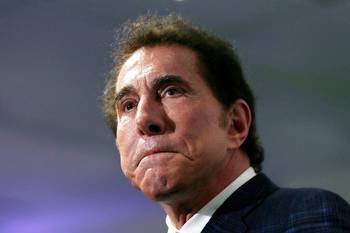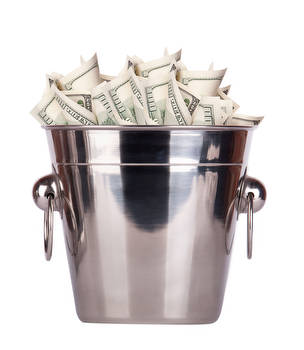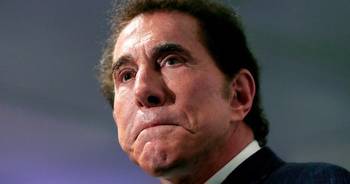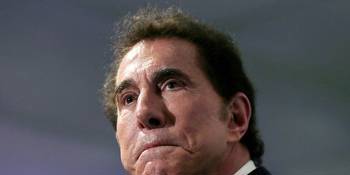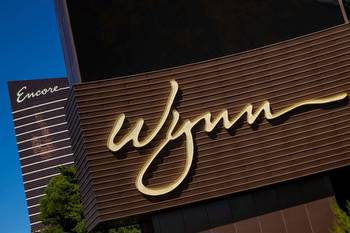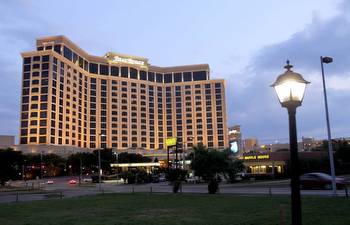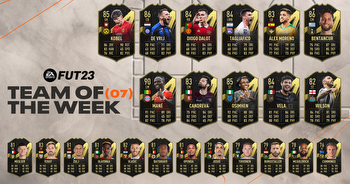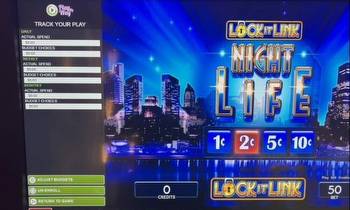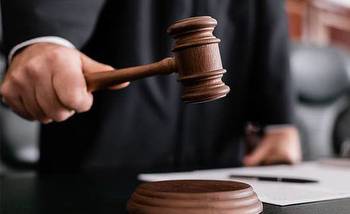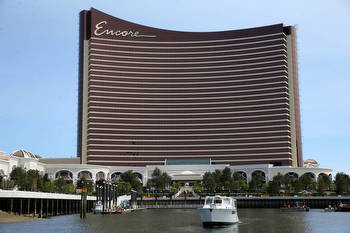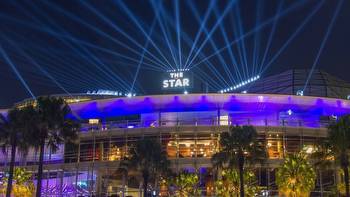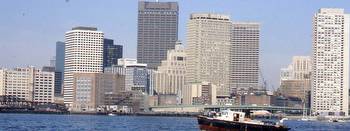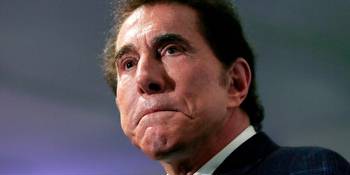Slot machine player loses bet on 93A suit against casino
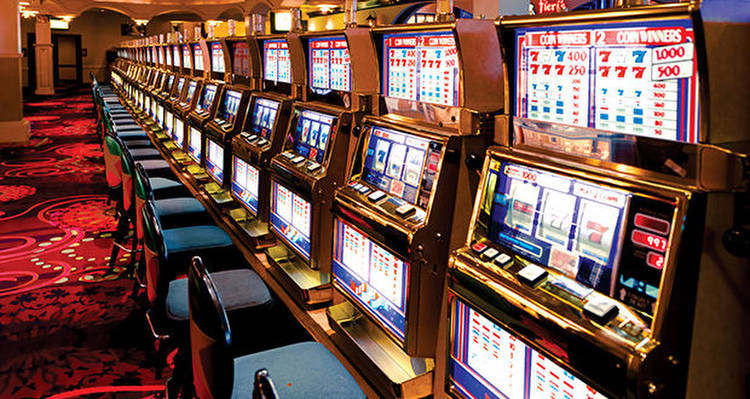
A federal judge has tossed a lawsuit filed by a New York gambler who claims the cash-out procedures for Encore Boston Harbor’s slot machines are rigged to shortchange players.
According to plaintiff A. Richard Schuster, the problem with the slot machines at the Wynn Resort casino in Everett boils down to the fact that the kiosks at which players go to redeem their tickets have gone coinless. That means automatic payment only goes to a ticket’s whole dollar amount, with credit for any remaining change reflected on another ticket stub, called a “ticket redemption unit,” that players must then walk over to a cashier’s window for payment.
According to Schuster, the process is misleading and unfair because slot players like himself often toss the TRU stubs in the trash rather than redeem them for whatever change they are owed.
“[I]nstead of a customer redeeming the money he or she is owed, Encore’s practices are unfairly and deceptively designed to entice a customer into putting the money back into another slot machine (likely with additional funds of their own) — money that statistically will eventually become a loss to the player and a boon for the casino,” states an amended complaint filed by Schuster in 2019 in U.S. District Court in Boston. “No other casino in Massachusetts fails to dispense coins from their ticket redemption machines.”
On Feb. 27, Judge Allison Burroughs granted Wynn Resort’s motion for summary judgment on Schuster’s putative class action alleging unfair/deceptive trade practices in violation of G.L.c. 93A, breach of contract, promissory estoppel and conversion.
In dismissing the 93A claim, the judge pointed to undisputed evidence that neither the plaintiff nor any other customer was instructed to use TRU tickets to continue playing on slot machines “or otherwise misled or given misleading information about how the TRU tickets could be used or redeemed.”
Burroughs also noted that Schuster admitted he never asked any employees how the TRU tickets could be redeemed, discovering on his own that they could be used to continue playing by inserting them into the slot machines.
“Even assuming that the TRU tickets did not contain affirmative information instructing patrons to redeem the tickets at a cashier window, a point which is contested, such an omission cannot be construed as a deceptive or misleading statement under the circumstances presented here,” Burroughs wrote.
Schuster’s attorney, Joshua N. Garick of Salem, declined a request to discuss Schuster v. Wynn Resorts Holdings, LLC.
“We are disappointed in the decision, and given that we are exploring our appellate options, we are unable to comment further at this time,” Garick says in an email.
It’s not the first time Schuster’s gambling claims have been rejected in court.
In a 2021 decision involving blackjack payouts, DeCosmo v. Blue Tarp Redevelopment, the Supreme Judicial Court rejected the claims of one gambler suing the MGM Springfield casino in the lead case and Schuster suing Encore Boston Harbor in a companion case. Both plaintiffs in DeCosmo argued that, under Massachusetts Gaming Commission rules, rather than a “3:2” payout, gamblers who win at blackjack at a casino are entitled only to a payout of $6 for the $5 they wagered.
Wayne F. Dennison of Brown Rudnick in Boston represented defendant Wynn Resorts before both the SJC and Burroughs in federal court. He says the principal claims asserted in the case before Burroughs raised issues similar to those addressed by the SJC in DeCosmo.
“When the SJC made it clear that what both the casinos [in DeCosmo] were doing was lawful, that just left this claim involving slot machine tickets,” Dennison says.
To Dennison, Schuster’s claims don’t make a lot of sense.
“For example, [he] could have taken his slot tickets to the cashier’s window at any time,” Dennison says.
More ironic, he says, under Massachusetts gaming law, proceeds from unredeemed slot tickets don’t go to the casino.
“At the end of the day, after a couple of years the amounts from any unredeemed slot tickets are paid over to the commonwealth of Massachusetts,” Dennison says. “It was always a very weak claim, but I’m happy it’s dismissed.”








